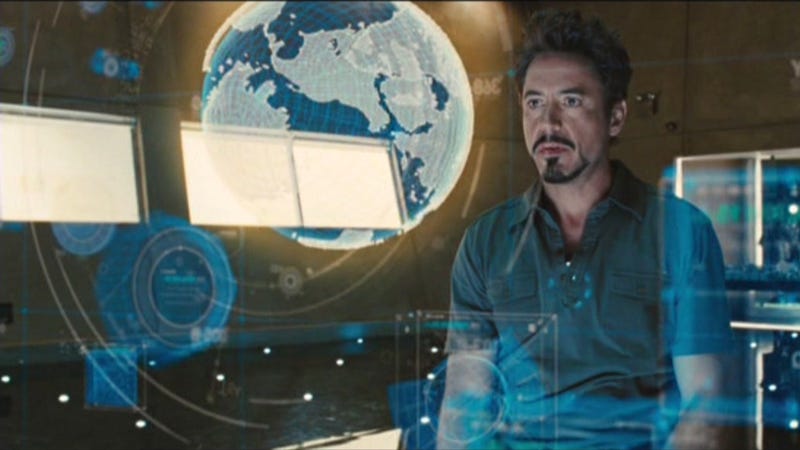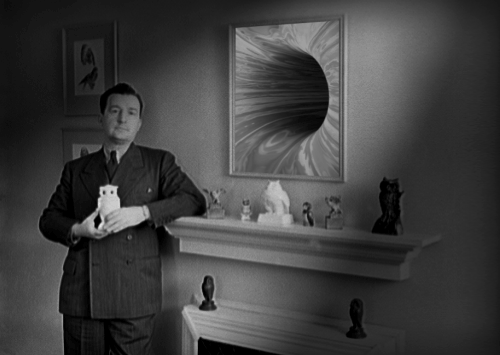Bonini's paradox
The Bonini Paradox, named after Professor Charles P. Bonini of Stanford Graduate School of Business, describes difficulties in constructing models and simulations of complex systems, such as the human brain.
In recent times, the paradox by John M. Dutton and William H. Starbuck was reformulated: " Are models of complex systems complete, so they are also less understandable. In other words, while a model is realistic, it is equally difficult to understand how the real process, the model represents the " (Computer Simulation of Human Behaviour, 1971).
Precursor
The paradox has already been mentioned in a quote from Paul Valéry: "Everything simple is false, everything complicated useless. " ( Notre Destin et les Lettres, 1937)
The biologist Richard Levins mentioned a similar insight when he notes that complex models " too many parameters to measure " have, which one comes to analytically intractable equations that exceed the capacity of our computer, the results would be even meaningless if we they could solve.
Comparisons
- Ashbysches law
Swell
- Philosophy of Science
- Paradox









